Keywords: Events
There are more than 200 results, only the first 200 are displayed here.
-
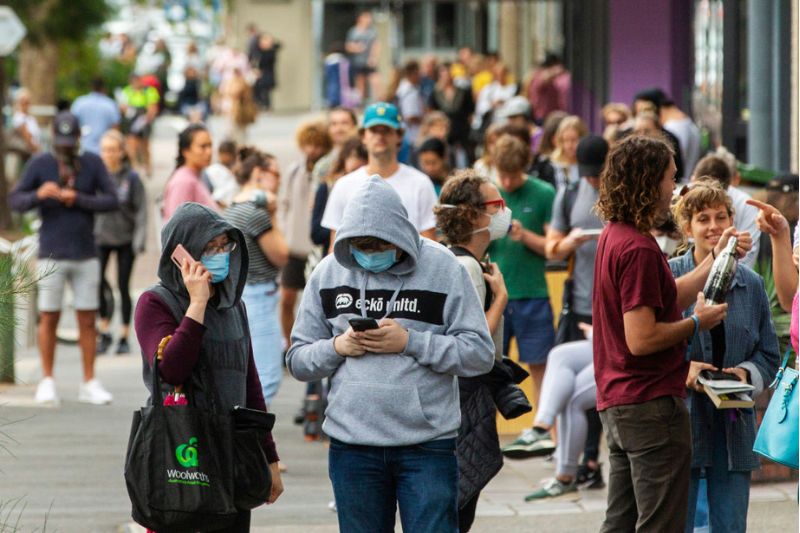
AUSTRALIA
- Barry Gittins
- 03 August 2022
1 Comment
History has repeatedly shown us that what gets us through a crisis, what helps us to recover and rebuild, is responding to it with prosocial behaviour ― working together, starting with our communities at the local level, and from there building mutually supportive relationships at and across every level of society.
READ MORE 
-

AUSTRALIA
- Michael McVeigh
- 28 July 2022
15 Comments
There has been much said in recent days about the refusal of a group of Manly Sea Eagles footballers to wear a special Pride jersey. The boycotting players have been labelled as hypocrites (for taking a stand on this issue and not, for example, gambling or domestic violence) and even hateful for their actions. Many say they would be happy to see them sacked from the club entirely. It seems to me, though, that the attitudes of the Manly players deserve more consideration than this.
READ MORE 
-
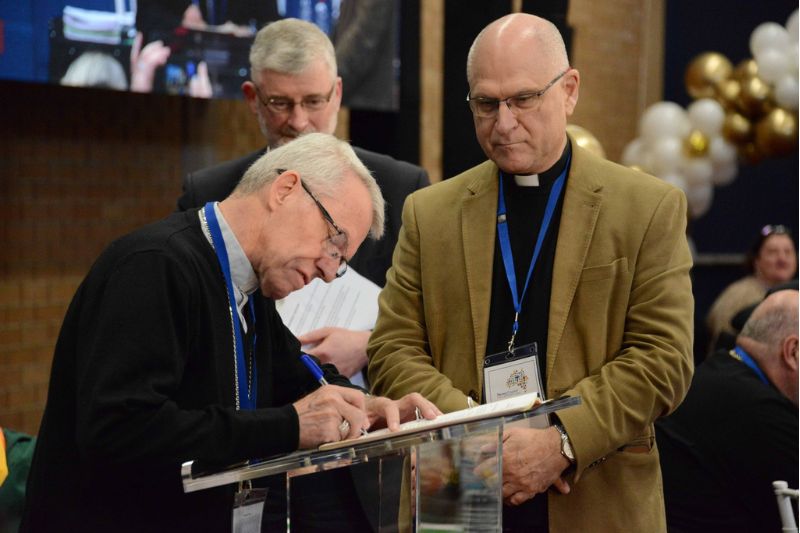
RELIGION
- Geraldine Doogue
- 27 July 2022
7 Comments
What did the Plenary mean exactly, and what is next for the church? Secretary to the Council, Fr David Ranson, offers a rich and bracingly realistic set of observations about the Plenary Council. As secretary, Fr David was deeply absorbed in the lead-up, in the events of the week itself and now in assessing what comes next. He might surprise you with his judgements. They're delivered by a man with an acute sense of Church procedures but also with an eye to possibilities.
READ MORE 
-

AUSTRALIA
- Andrew Hamilton
- 27 July 2022
2 Comments
Over recent weeks many people have expressed alarm and despondence at the rising number of infections and deaths from COVID. Just as we were enjoying freedom from restrictions we found ourselves encouraged to work from home if possible and to wear masks. The crisis and the recommendations recall the first onset of COVID in Australia. Yet the response of Governments is much less forceful. The differences between the responses and the reasons for them merit reflection.
READ MORE 
-
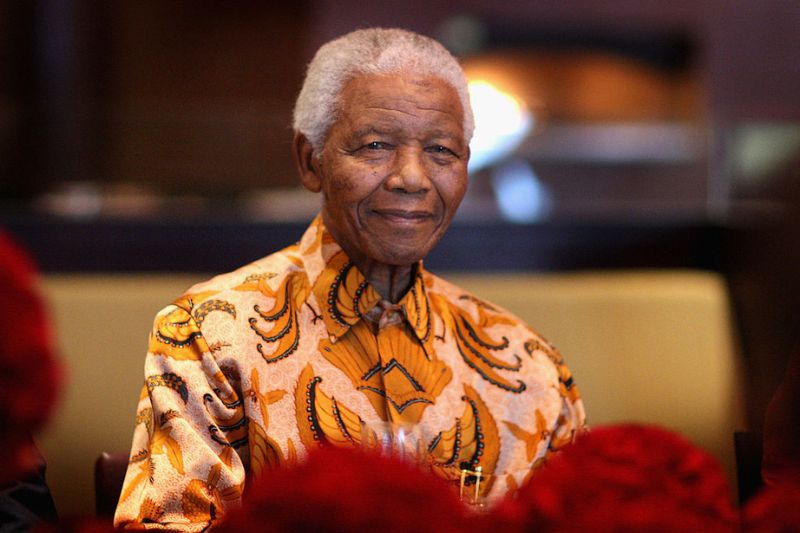
INTERNATIONAL
- Andrew Hamilton
- 14 July 2022
3 Comments
The leaders of the past are often referred to as a measuring stick for evaluating the present. Australian prime ministers are routinely compared to John Curtin or Robert Menzies. This coming week calls to mind another leader against whom we might measure others. July 18 marks Mandela Day, an annual international day in honour of Nelson Mandela, the first Black President of South Africa. Mandela had the quality, rare today, of being born to rule.
READ MORE 
-
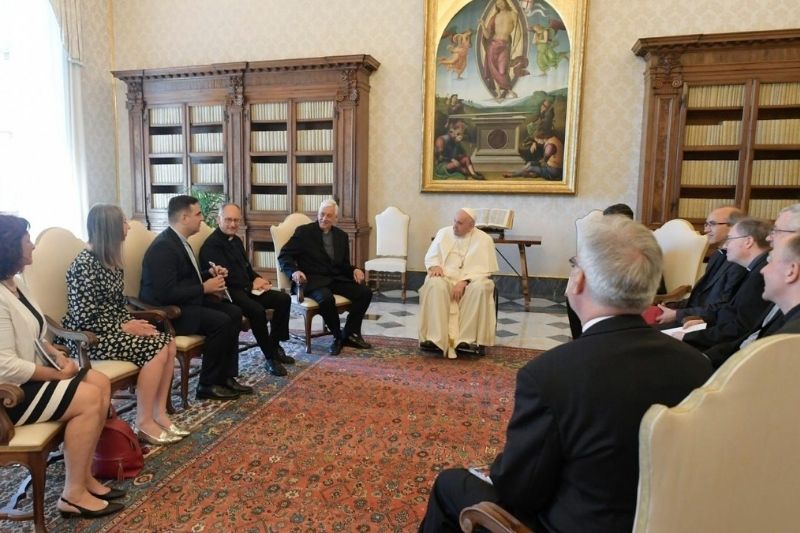
MEDIA
- Andrew Hamilton
- 07 July 2022
3 Comments
In a recent meeting Pope Francis met the editors of European Jesuit cultural magazines. As usual in such meetings he did not give an address but invited the participants to ask questions. The questions ranged across a wide area, reflecting the different readership and religious culture of the magazines. Underlying the Pope’s responses lay a challenging and coherent approach to the Jesuit mission and to communication that invites self-reflection also among Jesuit magazines and their readers outside Europe.
READ MORE 
-
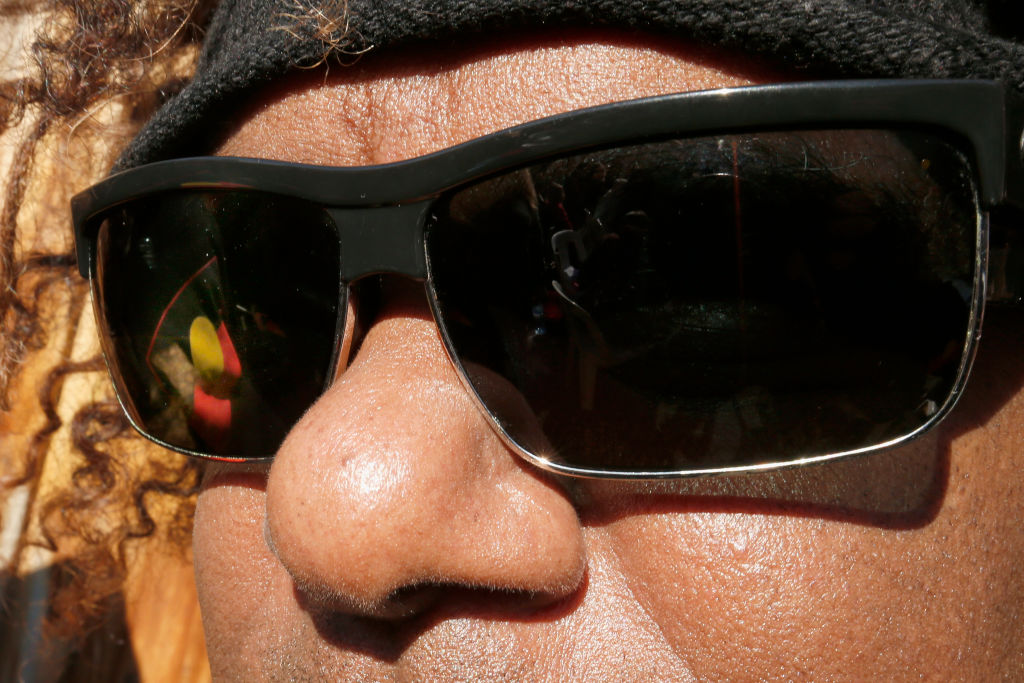
AUSTRALIA
- Andrew Hamilton
- 30 June 2022
11 Comments
If NAIDOC and of the Australian Catholic Church are to achieve their goals time and patience will be required. Yet both show signs of justifiable impatience. This year the theme of NAIDOC Week is Get Up! Stand Up! Show Up! Its tone is urgent, expressing frustration at the resistance to change but also the recognition that new possibilities have opened.
READ MORE 
-

ARTS AND CULTURE
- Juliette Hughes
- 28 June 2022
1 Comment
How do we know that what we call knowledge is knowledge? How do we know that we know? The two books I have been reading here are both about kinds of knowing. Suzie Sheehy is a particle physicist from my old stamping ground, Melbourne University. Sheehy’s story is of passionate hunters for nothing less than the meaning of everything.
READ MORE 
-
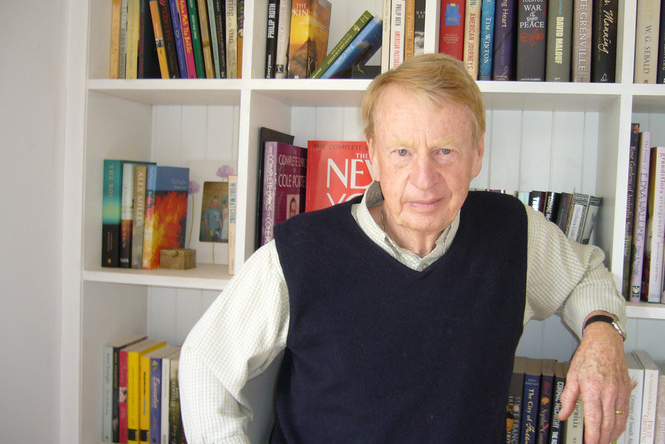
ARTS AND CULTURE
- Brian Matthews
- 09 June 2022
3 Comments
Brian Matthews, academic, award-winning columnist and biographer, and Australia's foremost scholar on Henry Lawson and his mother Louisa, died last Thursday 2 June following complications related to lymphoma, at the age of 86. Brian first wrote for Eureka Street in February, 2002 and continued to contribute his monthly column for 20 years.
READ MORE 
-
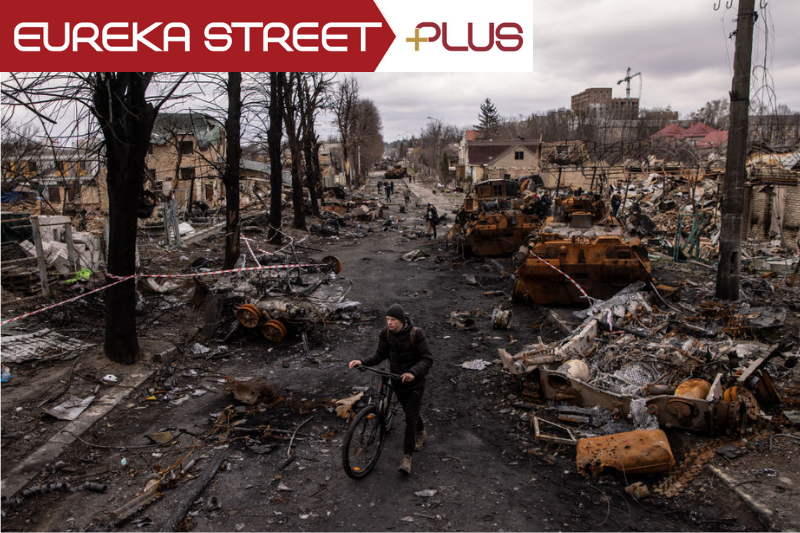
INTERNATIONAL
- Andrew Hamilton, David Halliday, Michele Frankeni, Stewart Braun
- 19 May 2022
5 Comments
We are now three months into the Ukraine war. From an invasion it has turned into a war of attrition that has cost many lives, displaced civilians, destroyed cities, and led to sanctions and the making of alliances with effects that have spread suffering far beyond Ukraine. In this Roundtable, Andrew Hamilton SJ, David Halliday, Michele Frankeni and Dr Stewart Braun explore the ethics of the war and likely paths to peace.
READ MORE 
-
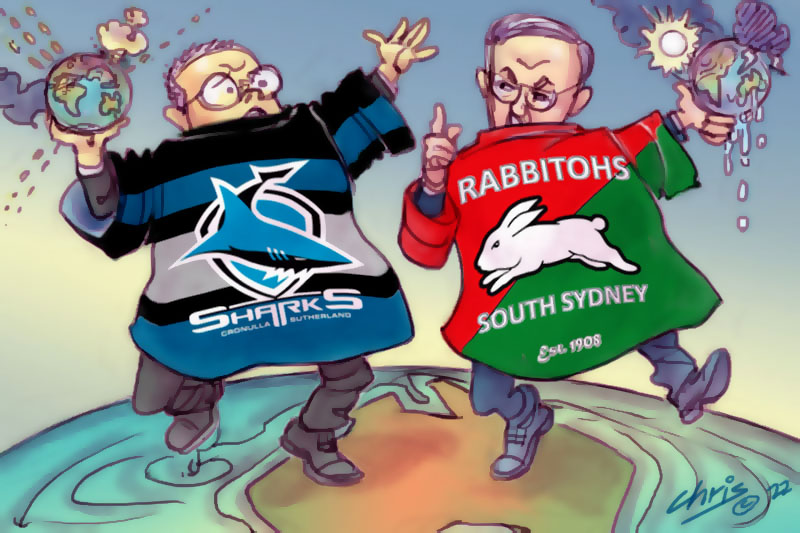
AUSTRALIA
- Julian Butler
- 12 May 2022
3 Comments
Election campaigns can be defined by all sorts of things. Gaffes, negative ads, international incidents, public policy. It is trite but no less true to say that this federal election campaign has been much more about the first three rather than the last. The policy discussion has been edged into the election mix most seriously by various interest groups and by some of the macro party and independent candidates seeking election.
READ MORE 
-
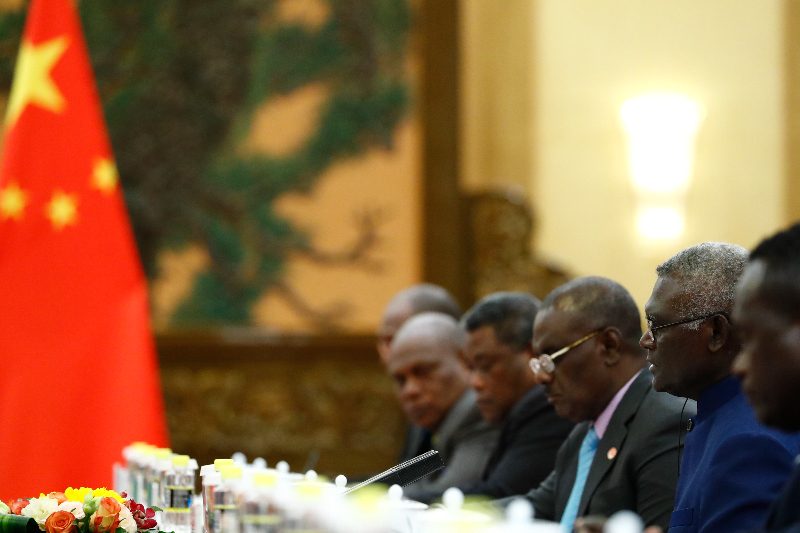
INTERNATIONAL
- Binoy Kampmark
- 10 May 2022
8 Comments
On May 3, the Prime Minister of the Solomon Islands, Manasseh Sogavare, vented his fury in parliament at ‘the continual demonstration of lack of trust by the concerned parties, and tacit warning of military intervention in Solomon Islands if their national interest is undermined in Solomon Islands.’ The targets of the speech — Australia and the United States — were clear enough.
READ MORE 